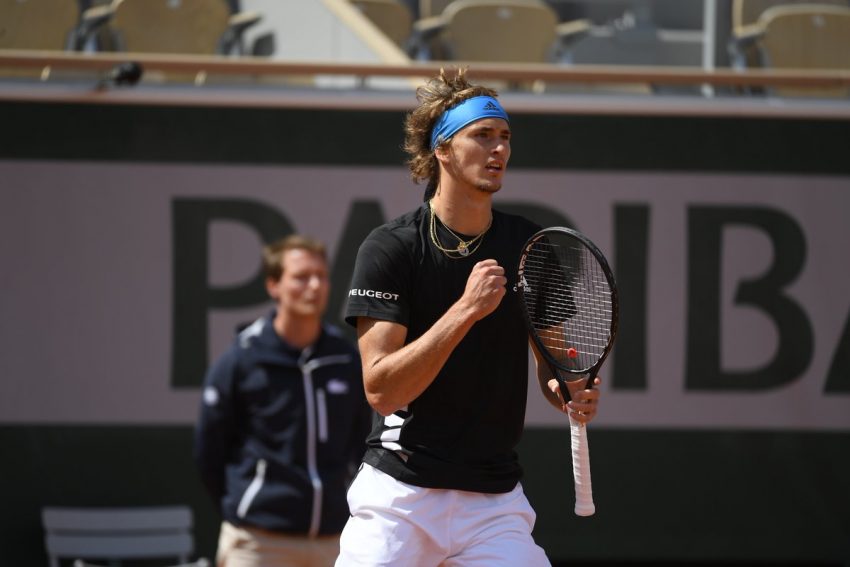At the end of the first round, a dozen matches have gone into the fifth set at the 2019 French Open. It is safe to say that as the days go by, a few more will be added to this total. Within itself, this number is less-than-a-fifth of the total matches played so far.
But while fewer though in number, these matches – and the ones to follow – will invoke vividness and nostalgia once the dust settles – literally, so – on the event. And even beyond that, with history backing this.
In honesty, some of the most memorable tennis matches have been those that went the distance. Be it in the Majors, the Davis Cup and even in the predecessors of the current ATP Masters 1000, five-setters command pride of place of their own. There are a couple of reasons for this.
For one, it is because of the way these results have come to be. Either as wins against all odds that tested the persistence of players in determining who would outlast the other. Or as successes in which a player with the most patience was able to outplay his opponent shrugging past the vicissitudes of momentum in the match.
Another reason for five-set matches articulately lingering in minds is on account of what they symbolise. Talent and technical aptitude are something every player has in himself and gets to show on the court, match-after-match. However, mental fortitude is not something that can be trained. And although there are exercises to calm oneself mentally, mental calmness is as fickle as deserting presence of mind once pressure sets in. For a player to battle and come through not just against an external rival but also against an opponent within himself is the actual test set by five-setters.
All these sound like preaching. So, here is a way to make it simple. Across the vast array of tennis matches won and lost, how many best-of-three matches can we evocatively recollect? Yes, there are a few that have stood out for their qualitative superiority but even those results have seemed abrupt instead of a satisfying culmination.
In the prevalent era, satisfactory match results have taken on a different meaning. Time is now considered directly proportional to the quality of a match and the scoreline. In some cases, it is true. Just as it is untrue of most other matches. To put into better context, here is an example from the ongoing French Open.
On Tuesday, Alexander Zverev played – and won – a five-setter against John Millman in four hours and eight minutes. On the same day, Taylor Fritz took an hour and 22 minutes to dispatch off a semi-interested Bernard Tomic in straight sets. Which of these two matches would one have wanted to watch? It will not be that difficult to answer. And, in this answer lies the true entertainment value of the best-of-five sets regardless of whether a tournament favourite or the world no. 100 plays them.






